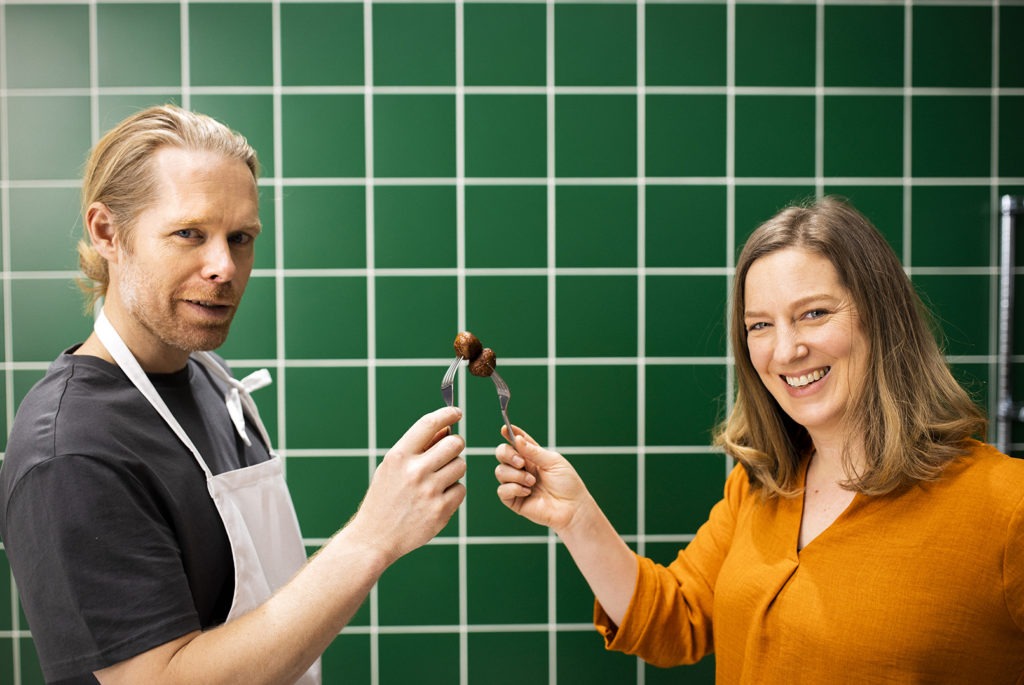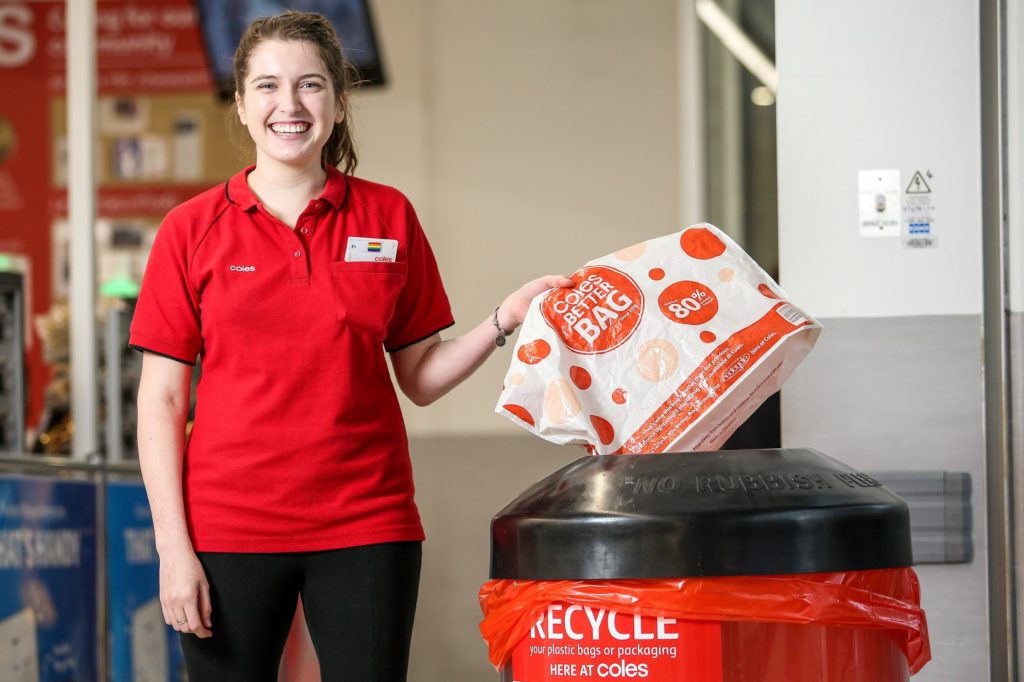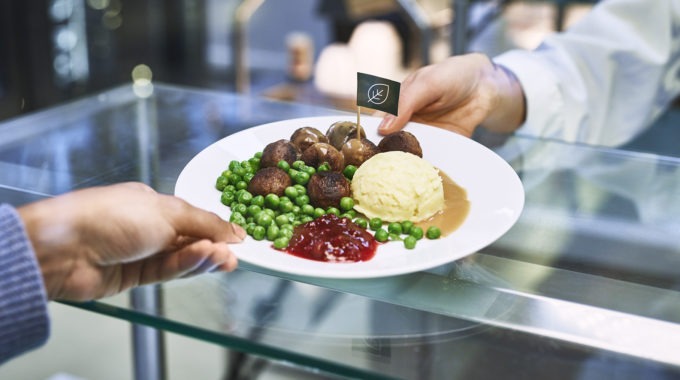Big food doing good by the planet
As consumers become more environmentally savvy, Australian and international food companies are realising the growing necessity of stepping up their eco-game in an attempt to reduce the – often significant – impact that food production, sales and service can have on the planet. Here’s a quick look at what some of our mega food businesses have been up to, green-wise, from a plant-based version of a famous Swedish meatball to swimwear made from a small but insidious throwaway item.

IKEA releases plant-based meatball
A “plant ball” that has only four percent of the climate footprint of a meatball has been created by IKEA to provide a more planet-friendly version of the classic IKEA product. The ball is made with yellow pea protein, oats, apples, onions and potatoes and has been launched as a more sustainable option that has the same taste and texture as the original.
Currently, IKEA sells more than one billion meatballs worldwide each year. If the business were to convert about 20 percent of its meatball sales to plant balls that would mean an approximate eight percent reduction of IKEA food’s climate footprint. The plant ball will be served at IKEA restaurants, and customers can also buy a bag of frozen balls to take home.
The plant ball launches in the EU in August 2020 while IKEA stores in North America, Middle East and the Asia Pacific region (including Australia) will follow a couple of months later.

McCain’s Ballarat plant to slash emissions
McCain Foods Australia has announced it has commenced construction on a renewable energy system that will reduce emissions from its Ballarat food processing facility by more than 27,000 tonnes of C02 per year.
The project, which will house Australia’s largest “behind-the-meter” renewable energy system, will subsidise McCain’s energy consumption in Ballarat by 39 percent.
The 8.2 megawatt system plans to utilise a combination of solar and co-generation technology that uses biogas produced by food waste to generate energy. The solar power will be generated from unused flat space on existing land surrounding the plant.
Globally, McCain Foods has committed to reducing CO2 emissions by 50 percent by 2030, ceasing any reliance on coal by 2025, and having 100 percent of its plants powered by renewable electricity by 2030.

Coles saving plastic from landfill
Coles has now diverted more than one billion pieces of soft plastics from landfill. Since 2011, Coles has worked with sustainability partner REDcycle to recycle plastic bags and soft plastic packaging such as biscuit packets, lolly bags, frozen food bags and bread, rice and pasta bags which cannot be recycled through most kerbside recycling services.
With the program now collecting an average of 121 tonnes – or 30 million pieces of plastic – every month, customers returned the one billionth piece of plastic to REDcycle bins in June. The soft plastics are transformed by manufacturers such as Replas into a range of recycled products including outdoor furniture for community groups.

Macca’s makes swimwear… from straws
McDonald’s Australia plans to phase out plastic cutlery from all its restaurants nationwide by the end of this year. The transition to fibre-based cutlery means Macca’s will be removing 585 tonnes of plastic from its system per year.
Over in Europe, McDonald’s Austria is replacing plastic straws with recyclable paper ones as part of a global packaging and recycling strategy. But what to do with the old ones? Those familiar red-and-yellow striped plastic straws are being given a second life as swimwear.
The one-piece women’s suit and men’s shorts are made from upcycled fabric that’s a mix of recycled McDonald’s straws and post-consumer plastic waste reclaimed from the ocean. Austrian label Poleit designed the limited-edition collection, which is being raffled off.









